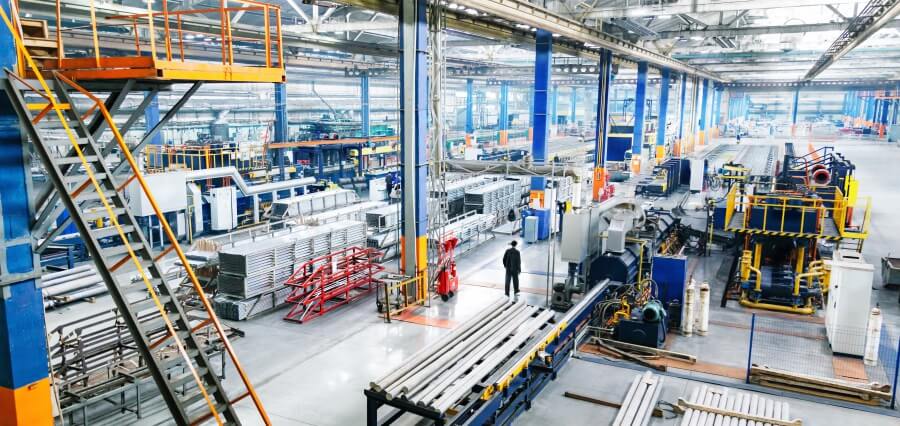UK manufacturers have renewed their call for an urgent, comprehensive industrial strategy to address the severe impact of Brexit and attract crucial investment. The trade body Make UK, which represents leading industry players including Rolls-Royce, Siemens, and Jaguar Land Rover, has emphasized the need for a coordinated industrial vision to secure billions of pounds in investment that is currently at risk of going abroad.
Stephen Phipson, head of Make UK, stressed that while Britain cannot match the financial incentives offered by the US Inflation Reduction Act or the EU Green Deal, it can compete through innovation. However, he warned that without a unified strategy on technology, robotization, renewable energy, and training, the UK risks missing out on significant opportunities. Phipson highlighted that international companies are eager to invest but are hesitant without a clear industrial plan.
Phipson is scheduled to meet Chancellor Rachel Reeves to discuss the urgent need for a strategic plan. He also plans to address the detrimental effects of the Brexit trade deal, which he criticized as a “disaster” for UK industry. The trade deal, he argued, has failed to address critical issues such as “diagonal cumulation” which affects cross-border production, leading to a decline in UK exports.
Phipson criticized the lack of ambition in recent industrial policies, noting that previous initiatives like the Catapult Networks, which supported technological and manufacturing innovation, were replaced by less effective plans. He pointed out that the UK’s low robot usage and lack of significant battery production facilities highlight the need for a more robust industrial strategy.
In response, a government spokesperson affirmed that a new industrial strategy is a key component of their economic growth agenda. The strategy aims to drive investment, foster sustainable growth, and include initiatives such as the creation of Skills England and an independent Industrial Strategy Council to oversee its implementation.
Make UK is also calling for improvements in mutual recognition of professional qualifications, regulatory alignment, and customs simplification to further support the industry.

